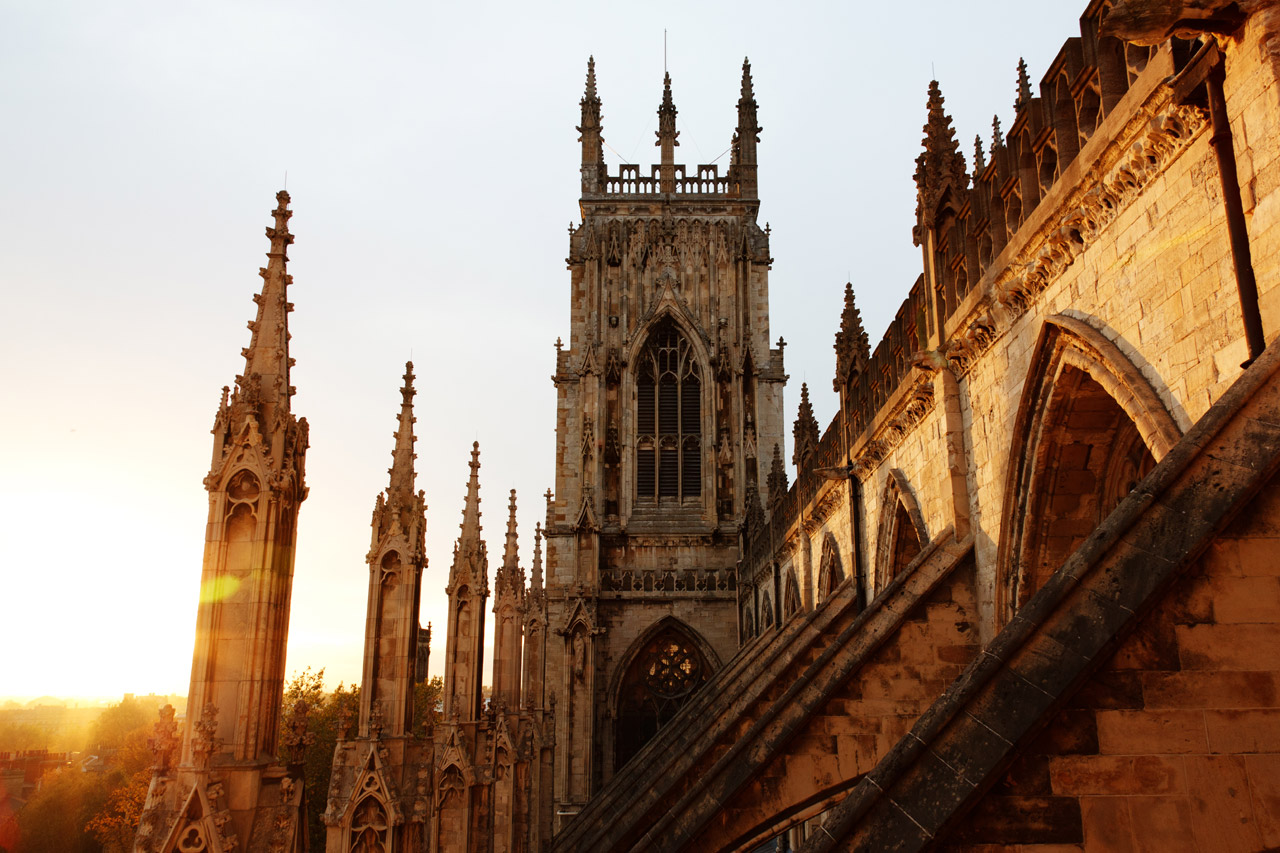
Introduction
Malta, an archipelago nestled in the heart of the Mediterranean Sea, has long been a focal point for historians, tourists, and diverse cultures. Comprising the main islands of Malta, Gozo, and Comino, this nation is renowned for its significant historical sites, vibrant cultural landscape, and breathtaking landscapes. In recent years, Malta has gained popularity as a travel destination, especially with the updates in tourism and adjustments post-COVID-19, making understanding its ongoing developments crucial.
The Significance of Malta’s Cultural Heritage
Malta boasts a rich tapestry of history, showcasing influences from various civilisations, including the Phoenicians, Romans, and Knights of St. John. Unesco has designated several of its historical sites as World Heritage Sites, including the ancient city of Valletta and the megalithic temples of Ħaġar Qim and Mnajdra, indicative of Malta’s extensive prehistoric background. The preservation and promotion of these sites are vital not only for tourism but also for cultural identity.
Tourism Trends and 2023 Developments
According to recent reports, Malta has seen a resurgence in tourism following the pandemic, with a 70% increase in visitor numbers in 2023 compared to the previous year. The Maltese government has initiated several campaigns aimed at highlighting sustainable tourism, encouraging visitors to engage in eco-friendly activities. This includes hiking, diving, and local food experiences that showcase traditional Maltese cuisine.
In addition, Malta’s vibrant nightlife continues to attract younger tourists, particularly in districts such as Paceville. The local government has introduced regulations to maintain the balance between tourism and residents’ quality of life, ensuring that growth in visitor numbers does not compromise the charm of local communities.
Conclusion: The Future of Malta as a Destination
As Malta continues to evolve as a key player in European tourism, its government and local stakeholders are poised to meet the challenges that come with growth. The focus on sustainability alongside preserving its unique cultural heritage reflects its commitment to becoming a model destination for responsible tourism. For potential visitors, understanding these dynamics adds depth to the travel experience, making Malta not only a place to visit but a culture to immerse oneself in. With its current trajectory, Malta is expected to further establish its reputation as a Mediterranean gem, appealing to a wide range of travellers, from history buffs to adventure seekers.
You may also like

Exploring East Grinstead: History and Attractions

The Royal Opera House: A Jewel in London’s Cultural Landscape
